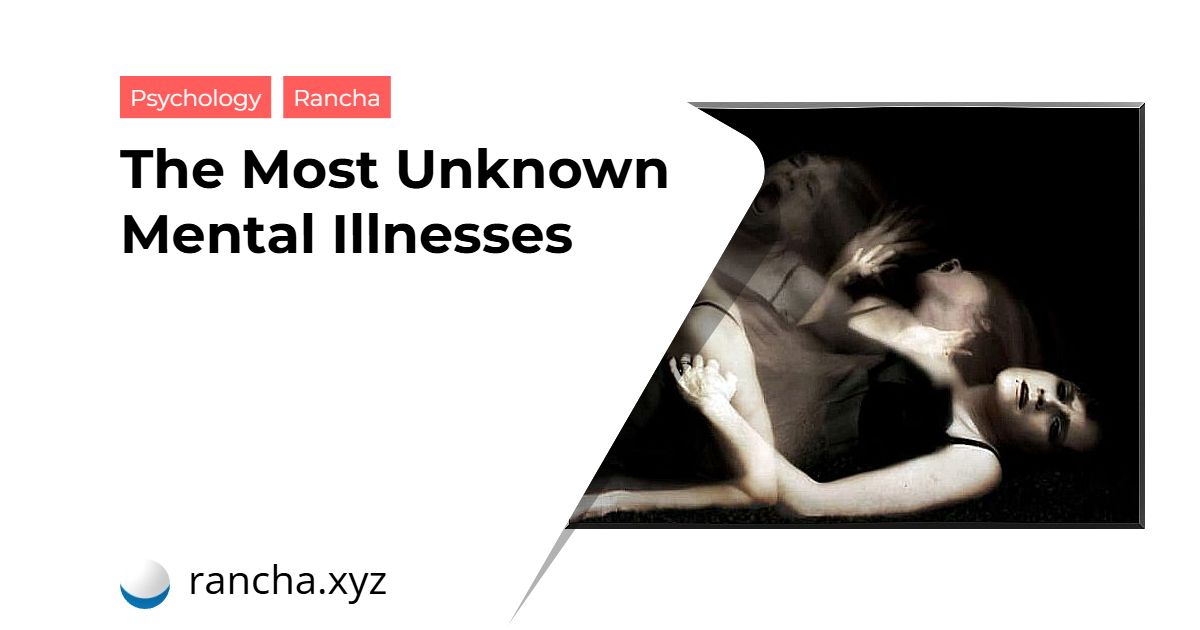As much as we think that mental illnesses are something “new” that emerged thanks to recent research or that did not exist before, it is proven that, already in ancient times, many people suffered from psychological imbalances. Here we will talk about some of them.
Thanks to literature, for example, it was possible to know which were the most recurrent mental illnesses during the Middle Ages. Already at that time the terms ‘madness’, ‘depression’ and ‘post-traumatic stress disorder’ were used (although they were known in other words).
While it is true that the presence of mental disorders has increased in recent years, it cannot be denied that there were already people suffering from psychological disorders. It turns out that sometimes there wasn’t a name to call them or a research behind them to address them.
According to the World Health Organization (WHO), 10% of the population in the 21st century suffers from some type of mental disorder. Many of these pathologies are related to a sociocultural context, such as food imbalances or anxiety disorders.
What are unknown mental illnesses?
Wendy’s Syndrome: We’ve talked about this syndrome on other occasions, and as in the story, it is also related to Peter Pan. In this case, the person bears all the responsibility of being with someone immature. Furthermore, the syndrome manifests itself as a need to satisfy and please the other, because of fear of abandonment or rejection. It happens most of the time in women with their partners or with their children.
Catoptrophobia: It is a syndrome that is defined as “an unbridled fear of looking in the mirror”. This fear is unjustified and abnormal. What is not well known is whether the phobia is only in relation to the reflection of a surface or the image that comes off of it. They avoid, for example, going up in elevators that have mirrors or spending too much time in the bathroom. Risk factors for this disorder are: low emotional intelligence and poor self-esteem.
Capgras Disease: Those who suffer from this syndrome fail to recognize a close loved one and believe that they have been replaced by a stuntman or impostor. The problem is that the person experiences a disconnect between affective memory and the visual recognition system. To understand more about this evil, watch the English film “The Broken” (2008).

Foreign Accent Syndrome: When someone travels for any reason to a country other than their own or spends a lot of time with a foreigner and then starts speaking in that country’s accent, this can be considered normal. However, this syndrome happens to those who have not had contact with this language. It is related to a major brain injury, such as a stroke.
Euphobia: Did you know that there is a phobia of receiving good news? Something that may sound a little strange, but it happens. People with euphobia welcome the bad news and have trouble “digesting” the good news. It is clear that the answer is irrational. This does not mean that the patient is a bad person, but that he is afraid of suffering when something good happens to him.
Permarexia: Eating disorders are very common nowadays and there is a lot of talk about them in the media, especially bulimia, alcoorexia and anorexia. But there are other food-related imbalances, such as permarexia. The individual lives on one diet after another. As one did not give him immediate results, he moves on to the next.
When he gets tired of an option, he looks for a new diet and tries to do it, quickly and rigidly. In addition, they often set weight loss goals that are too difficult and incompatible with well-being.
Because they fail to achieve their goals, they often make an internal assignment of responsibility, attacking themselves for not maintaining their willpower or for not being smart enough to follow the proper diet.
It causes frustration, depression, low self-esteem and self-esteem, and especially physical imbalances by not consuming certain nutrients or spending too much time just drinking teas.
 rancha.xyz Be free to choose their own route to self-knowledge, health and balance of body and soul.
rancha.xyz Be free to choose their own route to self-knowledge, health and balance of body and soul.




